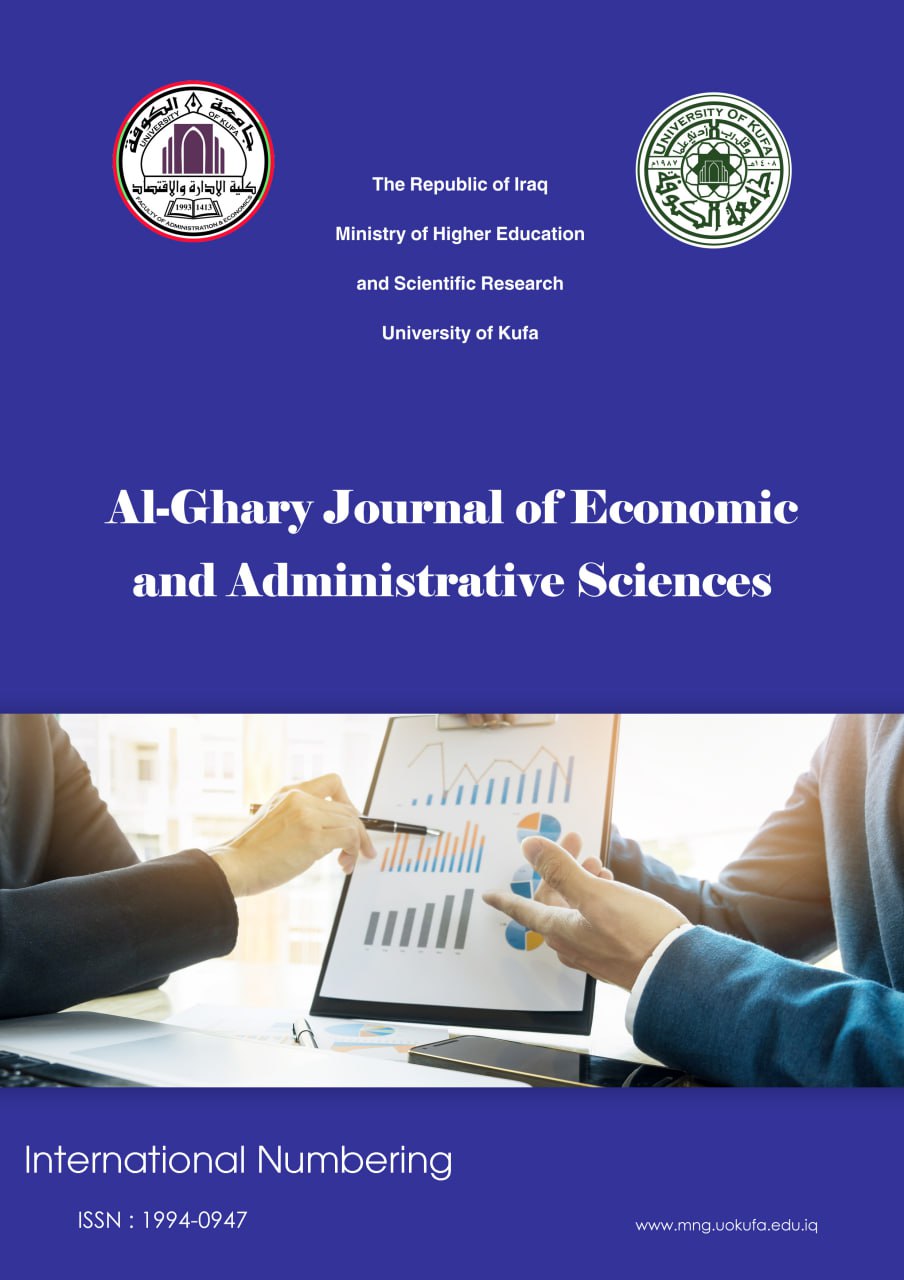The Iraqi economy between rentierism and the requirements of transformation: challenges and ways to confront
DOI:
https://doi.org/10.36325/ghjec.v19i4.14828Keywords:
structural imbalance, ways to advance developmenAbstract
After 2003, Iraq witnessed changes in the economy and the transition to an economy and a global economy that runs smoothly. The Iraqi economy faced an economic, social and political problem, which is summarized in the sections of society, fluctuation and their languages, and their disregard for matters that lead to the spread of financial and administrative corruption and its growing multiplicity of multiplicity of economic stability. As a result, the reform steps faltered, and the economic situation remained the same as before, which is summarized in the oil sector's dominance over the composition of the gross domestic product, with the absence of the role of other productive sectors. Rather, the negatives in the Iraqi economy increased as a result of adopting wrong policies such as the shock transformation method without the presence of infrastructure and a sound production base capable of facing this openness, as well as establishing legal and legislative foundations in line with the market economy system, which led to many problems such as dumping and economic exposure, as well as the persistence of internal and external indebtedness and high Unemployment and poverty levels, due to the continued control of the public sector on the joints of the Iraqi economy. This indicates the failure of the policy that was followed to correct the economic situation. Therefore, it has become necessary to shed light on the correct steps of transformation, the most important of which is to strengthen the role of the private sector and allow it to lead economic activity in light of the new economic system, and to show the extent of its effectiveness in correcting the economic structure and getting rid of the rentier character that has accompanied the Iraqi economy for many decades. This is done by addressing the basic problem that lies in addressing the intertwined problems due to the effects of political interactions and partisan interests, fighting financial and administrative corruption that causes a great waste of public resources, and eliminating the dispersion that prevails among members of society and which is led by the multiplicity of external and partisan affiliations and thus establishing a loyal national society and governments It works to achieve economic and social goals and a decent living for all members of Iraqi society.
Downloads
Downloads
Published
How to Cite
Issue
Section
License
Copyright (c) 2024 عبد الوهاب محمد جواد الموسوي، أنغام فاضل عباس

This work is licensed under a Creative Commons Attribution 4.0 International License.
which allows users to copy and create excerpts and summaries, and thus create new scientific works from the article or modify it and benefit from the scientific material, provided that the user refers to the link to the original article









